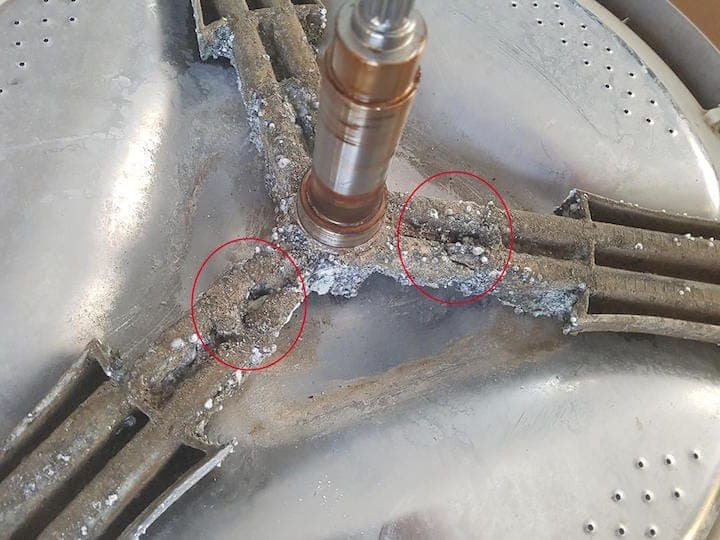There's a confirmation bias aspect to this. There were a lot of things made in the 70s that did not keep working for fifty years. You don't think of them because they're already broken down for parts, recycled or buried in a landfill. There are some things that have kept working only because someone put regular care and maintenance into them.
There are a lot things made today that won't make it fifty years from now. There are some things that will.
If disposable culture concerns you, learn how to repair things (clothes, kitchen appliances, furniture, electronics, etc) and buy things that can be repaired (like the Framework laptop).

